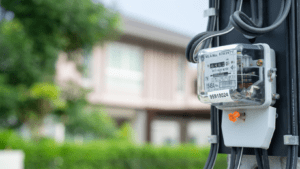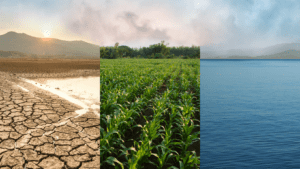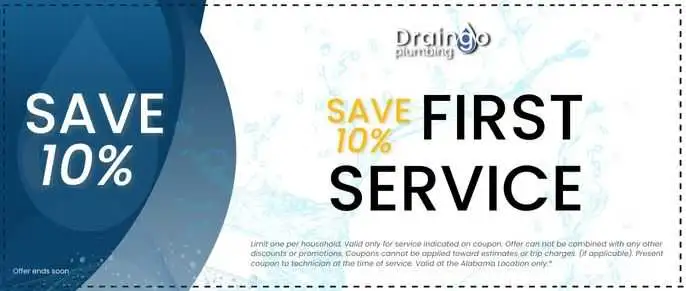Top 10 Plumbing Tips For The Summer Season
Top 10 Plumbing Tips to Keep Your Summer Hassle-Free
As the summer sun shines brightly and the temperatures rise, it’s essential to remember that the warmer months can bring common plumbing problems, that if not caught quickly, could turn into even bigger problems within a few hours. But no need to worry—we’re here to help you out. With just a little know-how, you can tackle these issues before they turn into full-blown plumbing emergencies. We’ve got you covered, from major problems with your normally reliable water heater to the enigmatic workings of the toilet tank.
Summer can bring unique challenges for your home’s plumbing system, but don’t sweat it. From outdoor water usage to potential heat-related issues, taking a proactive approach to most common plumbing problems during the summer can save you from headaches down the road. Having the right tools at your disposal is crucial. For example, the lowly toilet plunger is an essential tool to have on hand in case of any unexpected clogs. So, let’s dive into the top 10 plumbing tips to keep in mind during the summer season.
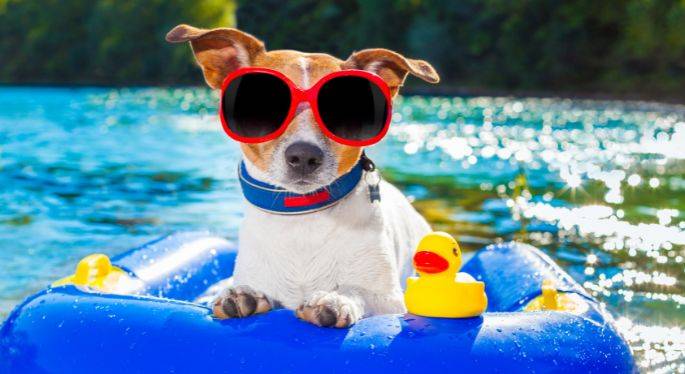
Disconnect Outside Water Hoses
Disconnecting outside water hoses before the onset of winter is an important step to prevent potential damage to your plumbing system. When water remains trapped in hoses from toilets and outdoor faucets during freezing temperatures, it can expand and cause the exposed pipes to burst, leading to leaks. Just a few drops could lead to costly plumbing repairs. Let’s move on to more plumbing tips.
Check Outside Faucets for Leaks
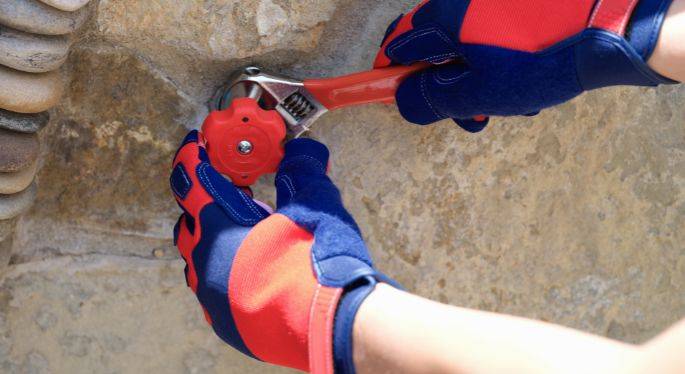
Regularly inspecting your outdoor faucets for leaks is a fundamental aspect of upkeeping your home’s water infrastructure. Even seemingly minor leaks have far-reaching consequences, resulting in substantial water wastage and posing a risk of harm to the nearby surroundings. To detect leaks more easily, you can add a few drops of red food coloring to the water in the toilet tank of a running toilet.
Addressing a leaky faucet promptly is crucial it can accumulate into substantial water loss over time. A slow drip from a kitchen sink or an outdoor dripping faucet might appear insignificant, but it can amount to hundreds of gallons of water wasted over the course of a year.
This not only contributes to higher water bills but also impacts the environment by needlessly consuming a valuable resource.
Moreover, leaks compromise the structural integrity of adjacent areas, potentially causing water damage to walls, pavements or foundations.
Shut Off Interior Valves Leading to Outside Faucets
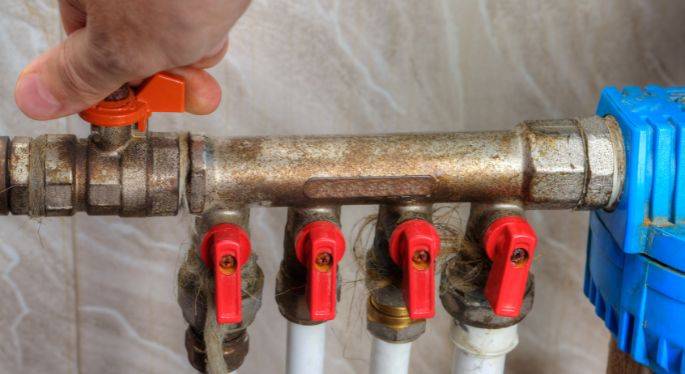
Shutting off the interior valves that control water flow to your exterior faucets is a crucial maintenance step, especially when you’ll be away for an extended period or during heavy rainfall. Closing these valves cuts off the main water line supply to outdoor faucets allowing you to drain them, preventing potential flooding and water wastage.
These plumbing tips ensure that even if there’s a leak or a malfunction, water won’t continue to flow unchecked, preventing damage and high water bills. During heavy rain, it also prevents rainwater from overloading your plumbing system through outdoor faucets, preventing unwanted flooding.
Insulate Pipes in Unheated Areas
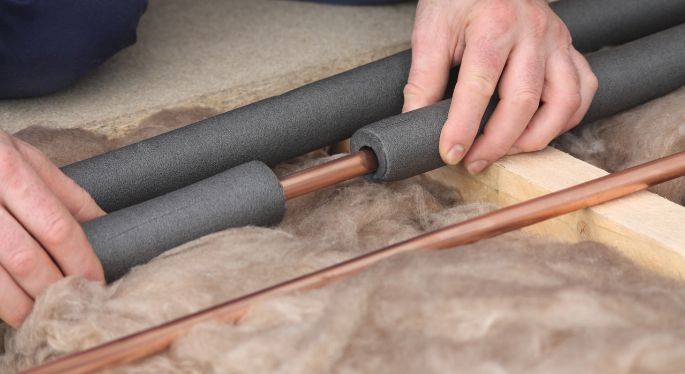
Properly insulating pipes in unheated spaces like basements, crawlspaces, and attics is crucial, especially if you live in an area with temperature fluctuations, including unexpected drops during summer nights. Insulation serves as a protective barrier, safeguarding exposed pipes from freezing temperatures. Frozen pipes can lead to bursts and water damage when they thaw.
Insulating these pipes creates a buffer that regulates the surrounding temperature, reducing the risk of freezing and rupture. This precaution is essential not only in winter but also during the summer, as temperature shifts, even cooler nights, can still impact unheated areas and endanger exposed pipes.
Seal Leaks Around Doors and Windows
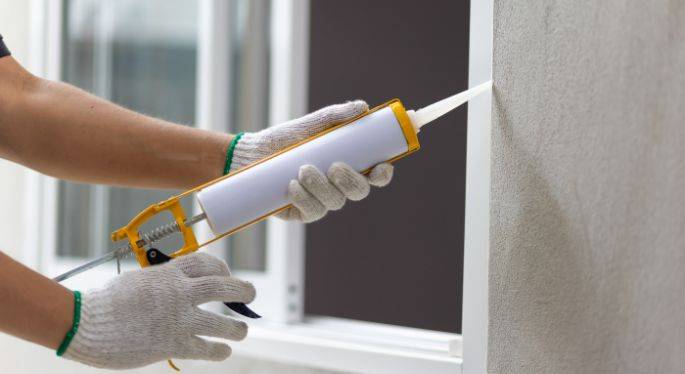
Effectively sealing leaks around doors and windows offers multiple benefits for your home’s functionality and overall comfort.
Beyond enhancing energy efficiency by preventing drafts, this practice serves to inhibit warm air from infiltrating your living space, thereby averting humidity-related problems that could have a detrimental impact on your home plumbing system.
Adjust the Water Heater Thermostat
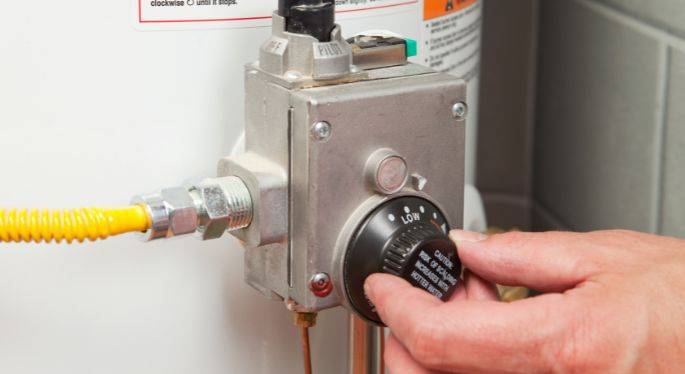
During the summer, here’s a handy tip: You can lower your hot water heater’s temperature setting. This not only helps you save energy but also keeps your shower from turning into a scalding surprise. Just set your hot water heater’s temperature around 120°F (49°C).
That way, you’ll enjoy comfortable showers all summer long while conserving water. Additionally, consider installing a high-efficiency flush valve to further reduce water consumption and contribute to a greener environment.
Maintain Your Hot Water Heater
Summer is an excellent time to flush your hot water heaters to remove sediment buildup, which improves its efficiency and lifespan. Additionally, you can use simple household items like baking soda mixed with boiling water to break down mineral deposits. This not only enhances your hot water heater’s effectiveness but also promotes the growth of natural bacteria that contribute to overall plumbing health.
Clear Outside Gutters and Downspouts
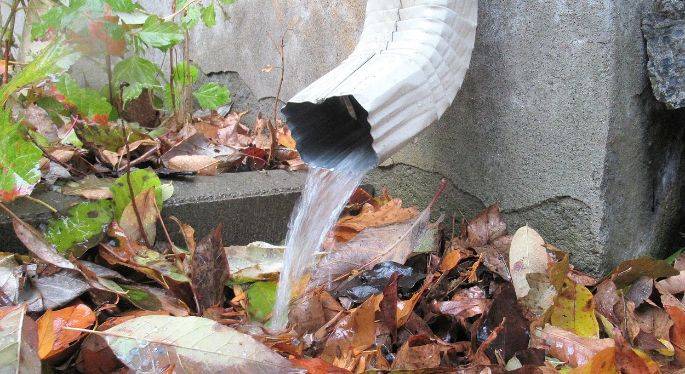
Clear out any debris from your gutters and downspouts to keep the water flowing smoothly, Clogged gutters and pipes can create problems like water backups and potential leaks that might harm your home’s foundation and the areas around it.
And here’s a handy tip: When you’re tidying up your gutters and downspouts, think about adding some mesh drain covers to your outdoor drains. These covers are super helpful in stopping debris from clogging up your outdoor drains and causing any drainage hiccups.
Inspect and Clean Your Sump Pump and Pit
If your home has a sump pump, inspect it and its pit for any signs of blockages or clogged pipes. Ensure that it’s in proper working condition to prevent basement flooding during heavy summer rains. Additionally, remember that your plumbing system extends beyond the basement. Regularly maintaining fixtures like the garbage disposal can contribute to the overall health of your plumbing.
Prepare When Leaving Home for Extended Periods
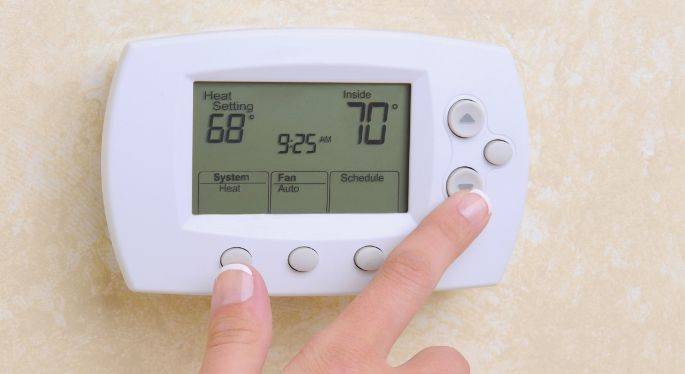
If you’re planning on leaving your home for an extended period during the summer, consider shutting off not only the main water valve but also utilities like natural gas and your air conditioning system. This comprehensive approach can help prevent a small leak or plumbing issues while you’re away, ensuring the safety and efficiency of your home during your absence. Additionally, when preparing your bathroom for the summer season, don’t forget to give your toilet bowl and toilet seat a thorough cleaning and inspection. Proper maintenance of all bathroom fixtures is essential to prevent any surprises when you return home.
Bonus Plumbing Tips
In the bathroom, let’s not forget about those trusty fixtures like faucets and shower heads. A shower head is an unsung hero that ensures you have the perfect shower experience with just the right amount of hot water and ideal water pressure while helping you save water. Additionally, addressing running toilets is important for preventing water waste and maintaining plumbing efficiency.
Moreover, don’t forget about the fundamentals of plumbing. Be mindful of what you flush down the toilet to prevent a clogged toilet and potential issues with your septic system. A toilet clog can become incredibly troublesome. Responsible usage can go a long way in maintaining your plumbing. Also, keep a watchful eye on your water meter for any unexpected changes, which could indicate leaks or excessive water usage. Address any plumbing issues promptly.
Conclusion
Experience a seamless plumbing journey throughout the summer season with our essential top 10 plumbing emergency tips from our plumbing professionals at DrainGo. Shield your plumbing system against the challenges of the season, ensuring its efficiency and preventing potential plumbing issues. Take a proactive approach to the maintenance today to ensure peace of mind in the future. Doing this will not only save time, but will also save money on your water bill. Relax on sunny days without worrying about your plumbing system.
While you soak in the current warmth, remember to strengthen your home for the upcoming cold weather. These tips are designed to cater to year-round residences, and even vacation property that will remain vacant for extended periods.
For all your home plumbing inquiries and repairs, DrainGo has licensed professional plumbers here and prepared for your call at 205-890-3213. Should plumbing issues perplex you, don’t hesitate – contact our licensed plumbers with the necessary skills to provide a swift resolution so you can truly relax this summer.
Note: The information provided in this article is based on web research from various sources. For specific plumbing issues or concerns, it’s always recommended to consult a professional plumber.
Additional Resources
Other Services
Faq's
How do tankless water heaters operate?
A tankless water heater offers an energy-efficient solution to traditional units by providing hot water on demand. Instead of storing heated, pre-heated water in a large storage unit and having it re-heat over time when needed, a tankless system heats the exact amount of necessary upon turning on the tap – making them unique from their predecessors while also delivering considerable savings through reduced electricity costs.
Tankless water heaters offer efficient, money-saving benefits – they only use energy when you need hot water and don’t waste resources cycling on/off like other systems. This translates to long-term savings for your household!
What is the advantage of owning a tankless unit as opposed to a traditional one?
Tankless water heaters offer a number of energy saving benefits, including not needing to remain constantly running even when hot water isn’t in use. This can help households save on costs over time by significantly reducing the amount it would normall cost for ongoing operation of traditional storage tank-style systems.
Why should you install a tankless water heater in your home?
Enjoy a never-ending supply of hot water with the help of an energy-efficient tankless water heater. With this innovative system, you and your family don’t have to take turns showering or washing dishes since there is no limit on warm water – simply turn it on whenever you need it! Additionally, making an upgrade will also benefit the planet by consuming less power than traditional heaters; thereby helping reduce your monthly bills while being eco friendly at the same time.
Are you looking to get the most bang for your buck when it comes to water heating efficiency and storage space? If so, a tankless unit may be exactly what you need. Most notably, these heaters provide durability that far surpasses traditional systems with an estimated longevity of up to 20 years – this is twice as long as many standard units! Furthermore, having no large tanks means reduced consumption of valuable room in your home; allowing more free-space than ever before. Tankless models present homeowners with both practicality and assurance– making them ideal options for modern living spaces.
Is there a downside to tankless water heaters?
Hot water tankless heaters may have a steeper upfront cost, but in the long term you could be saving on energy bills and enjoying more hot showers. Additionally, some of these models require unique sealed vent systems to make sure they work properly. The only potential downside might just be that you won’t need an excuse when it comes to cutting short those lengthy showers.

